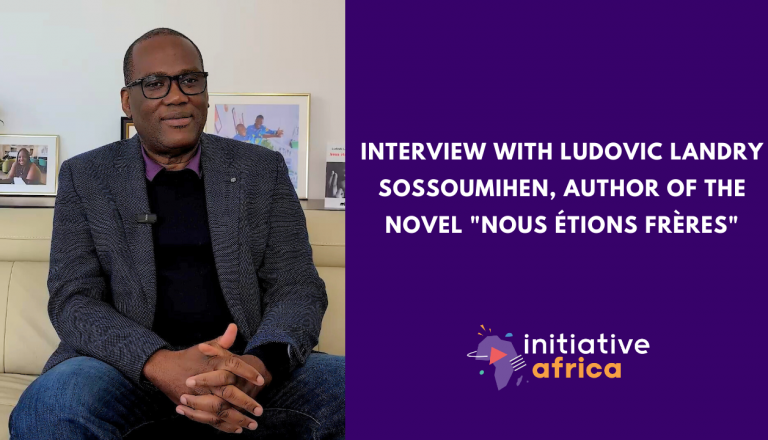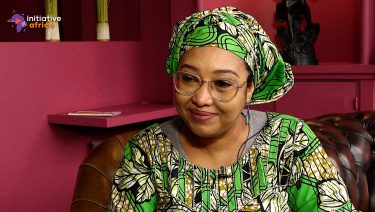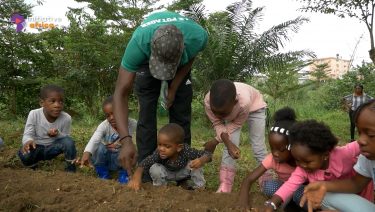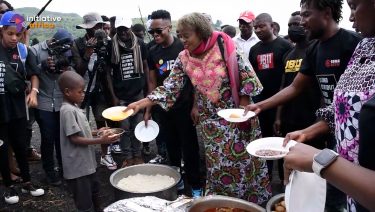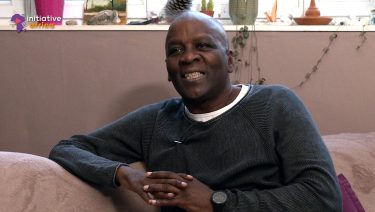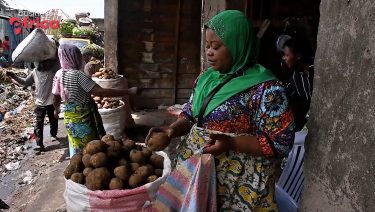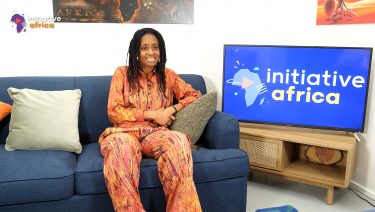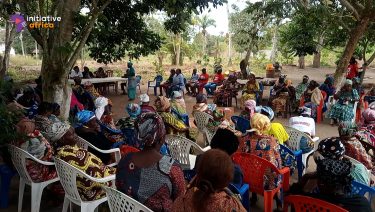Interview with Djaïli Amadou Amal
Born in the north of Cameroon, Djaïli Amadou Amal is a writer, activist and feminist who has not hesitated to escape two marriages, one of which was forced to make a living from her passion for writing and defending women's rights. Thanks to her novel "Les Impatientes", she was the first African finalist for the 2020 Goncourt des lycéens prize in France. In this novel, she drew her inspiration from the condition of women who are asked on their wedding day to be patient. This novel is now crowned worldwide and is even on the final year curriculum of Cameroonian high schools. In this interview she tells us about her association and conception of feminism for women's progress in Africa.

